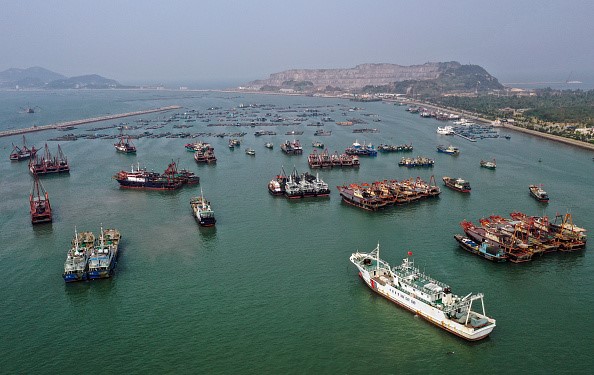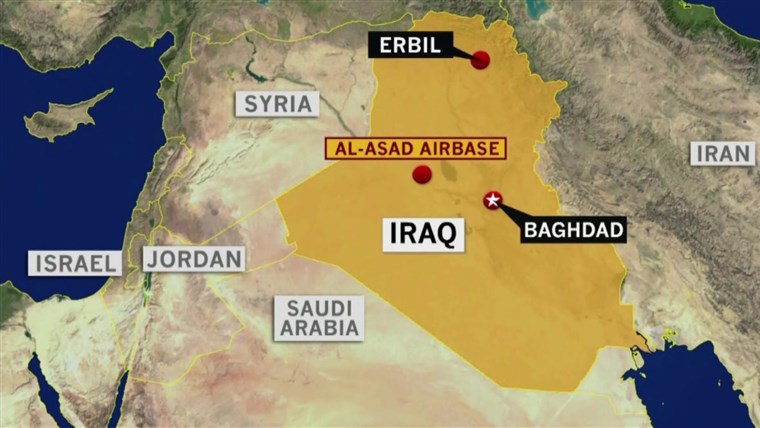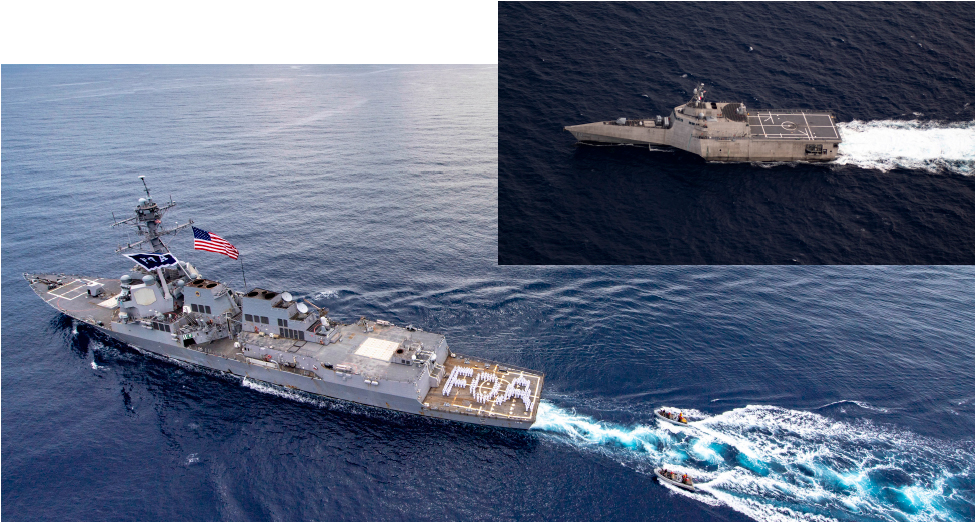
Richard Javad Heydarian, Professorial Chairholder in Geopolitics, Polytechnic University of the Philippines
May 17, 2020
The South China Sea has seen an uptick in maritime showdown in recent months. The upshot is a dangerous, multifaceted Cold War just when the world needs maximum cooperation against COVID-19.
Lucio Blanco Pitlo III, President of Philippine Association for Chinese Studies, and Research Fellow at Asia-Pacific Pathways to Progress Foundation
May 14, 2020
While other parts of the world struggle to manage the pandemic, East Asian leaders show dexterity and forward-thinking in recent pandemic responses and partnership summits.
Zha Daojiong, Professor, Peking University
Apr 21, 2020
The world still has networks of science and health interests that do not necessarily require political or diplomatic blessing by a sovereign state. These may provide a surer path to a less worrisome future.
Richard Javad Heydarian, Professorial Chairholder in Geopolitics, Polytechnic University of the Philippines
Mar 21, 2020
The South China Sea has become even more hotly contested as Malaysia has begun to explore energy resources in areas previously claimed by Vietnam and China. The now-three-way naval standoff throws into uncertainty the future of the stability in the region.
Adnan Aamir, Journalist and Researcher, Islamabad, Pakistan
Feb 25, 2020
The assassination of Iranian General Qasem Soleimani caused an already tense U.S.-Iran relationship to move further into disarray. Not spared from the chaos was China, whose diplomatic and economic agenda in South Asia is now in jeopardy.
Richard Javad Heydarian, Professorial Chairholder in Geopolitics, Polytechnic University of the Philippines
Feb 12, 2020
Indonesia and China have notably maintained formidable bilateral relations in recent years. However, territorial disputes may prove to create fissions in their relationship as Indonesia grows increasingly critical of China’s claims in certain areas in Southeast Asia.
Richard Javad Heydarian, Professorial Chairholder in Geopolitics, Polytechnic University of the Philippines
Feb 04, 2020
With Vietnam assuming the ASEAN chairmanship in 2020, and the US entering a contentious presidential election amid growing anti-China sentiment in Washington, Malaysia is betting on growing efforts to constrain Beijing’s maritime ambitions.

Jin Liangxiang, Senior Research Fellow, Shanghai Institute of Int'l Studies
Jan 17, 2020
Hatred runs deep between the two countries. Thus, even if tensions recede, hostility is likely to remain, or even increase. In the end, it will benefit no one.
Lye Liang Fook, Senior Fellow, Regional Strategic and Political Studies, ISEAS – Yusof Ishak Institute
Dec 17, 2019
The role of small countries, whether in terms of moral influence, upholding free and open trade or promoting regional peace and stability, should not be underestimated.

Chen Zinan, Assistant Researcher, Maritime Strategy Studies, CICIR
Dec 12, 2019
As military navigation operations have become more diverse and widespread, America’s motives have become clear. It wants to drive wedges between countries and reinforce its Indo-Pacific strategy.
Back to Top

- China-US Focus builds trust and understanding between the U.S. and China through open dialogue among thought leaders.
- Our Offerings
- Topics
- Videos
- Podcasts
- Columnists
- Research Reports
- Focus Digest
- Stay Connected
-
Thanks for signing up!
- Get the latest stories from China-US Focus weekly.